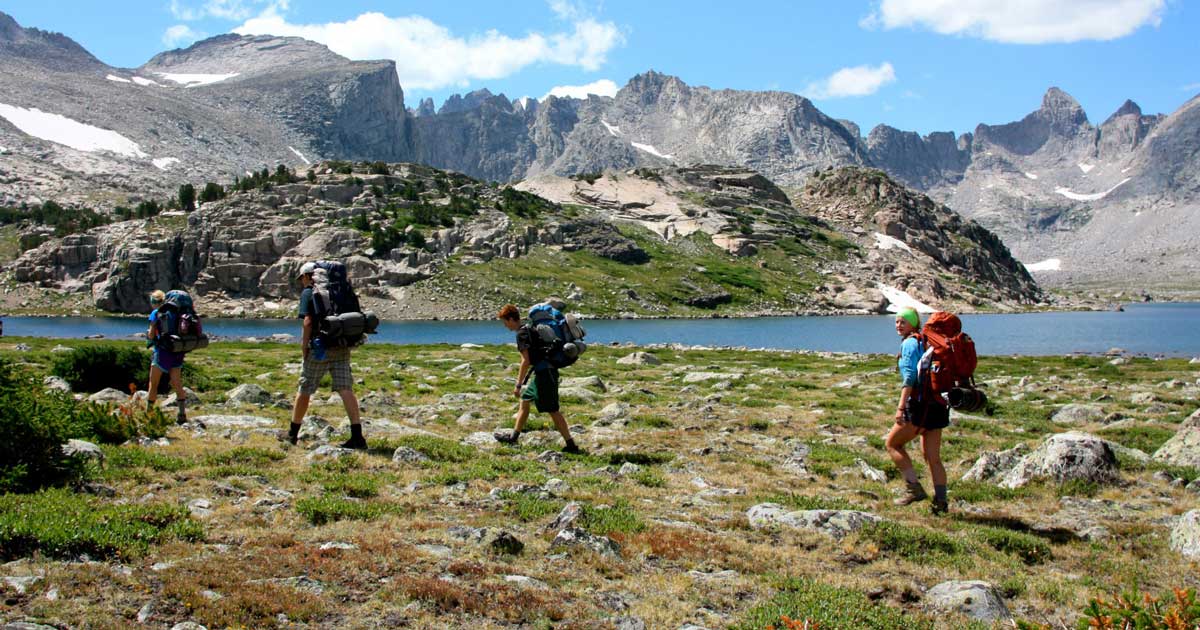As a summer camp leader, you’ve always leaned on, and learned from your peers. Sometimes you’re looking for advice about ways to support campers in new ways. Other times it’s about sharing innovative activity ideas to spice up daily schedules. For Michael Ohl, the director at Camp Chief Ouray in Granby, Colorado, this exchange of ideas has never been more critical than during this uniquely challenging summer of COVID-19. After cancelling his residential programs, Ohl was inspired by his peers at Sonlight Christan Camp to pivot from camper backpacking trips to summer camp family programs. This shift is helping Ohl get Camp Chief Ouray through unprecedented hard times, and giving him ideas for ways to share what makes his camp special with even more people.
Camp is Cancelled. Now what?
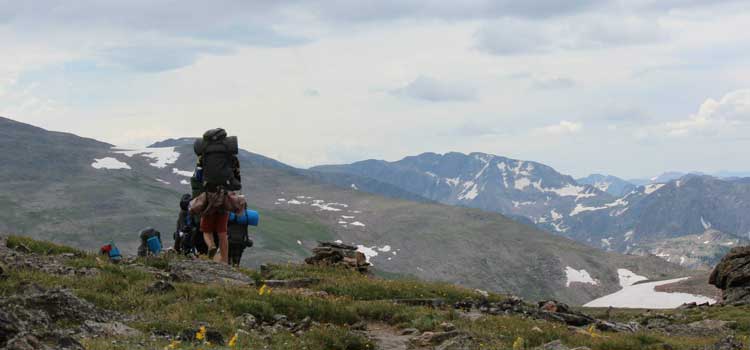
As the reality of the pandemic set in, Ohl and his team made the decision to cancel camp. They were concerned about the lack of adequate emergency services in the county where their camp is located, and there were also too many questions about how symptoms would or would not present in kids. The safety of the older counselors and staff was also an unknown. Without adequate guidance from the CDC and state officials, it was also unclear what steps summer camps would have to take to be compliant and safe. These concerns were too great to take a chance on running Camp Chief Ouray’s typical residential camp programs. Ohl sent the cancellation announcement to parents via email on May 18th.
Families were given three options for how to manage their registration fees. They could roll them over for camp next summer, they could donate to a sustainability fund that would help keep camp running in the off-season, or they could receive a full refund. Ohl says that roughly 70% of families chose to either rollover or donate. Most of the refunds were from families for whom the financial impact of paying for summer camp during COVID was greater than expected.
The Pivot: Use Existing Resources for Summer Camp Family Programs
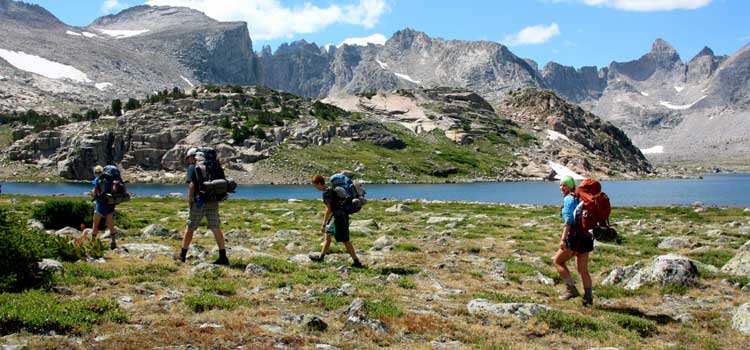
Every year in early March, Camp Chief Ouray sends a staff member to Rocky Mountain National Park to purchase backpacking permits. This year was no exception, and 30 permits were secured before it became obvious that camp would be significantly impacted by the pandemic. The Park’s guidelines are such that even if permits are returned, there are no refunds.
With guidance from his Leadership and Trips Director, Ohl saw the potential to repurpose the permits for guided family adventures. Camp Chief Ouray is located on 5,000 acres on Snow Mountain Ranch, and much of the property is rustic and open for long hikes. Due to this, backpacking trips on their own property were planned as well.
The vision was that each adventure would be led by experienced staff who would not only guide families on the hikes but also incorporate fun games, cook meals, and monitor health and safety. The trips would be limited to one household each and a legal guardian would be required for participants under 18 years old. The cost of each trip included food and equipment.
On-site trips were planned for two to three days and cost between $600 and $850. Longer trips in the Park cost between $1,100 and $1,350 and were planned for three to five days. When advertised, the trips were categorized by length, difficulty, ideal fitness level, and appropriate age of youth participants.
The vision was that each adventure would be led by experienced staff who would not only guide families on the hikes but also incorporate fun games, cook meals, and monitor health and safety.
The Challenge: Shifting the Staffing Approach for Summer Camp Family Programs
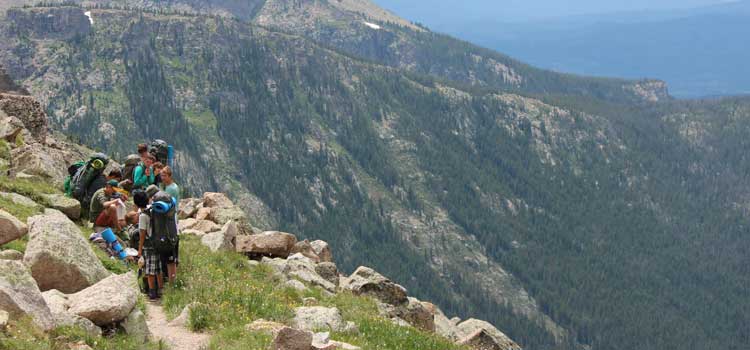
The staff that had been hired to lead the trips for kids over the summer were instead tapped to lead these family adventures. This helped Ohl retain some seasonal staff employed after cancelling camp, which forced him to layoff off close to 100 employees. Ohl says that one significant shift was how these staff thought of themselves. They were no longer typical counselors working with kids. Instead, they were guides who would be leading adults as well.
He explained that as camp staff, it is easier and familiar to take charge of kids and set clear rules about what they can and can’t do. With adults as participants, Ohl says that counselors had to focus on setting clear schedules early, and explaining the challenges of veering off their plans. Then they had to work in partnership with parents to keep the hikes moving and the kids on pace.
Ohl acknowledges that the feeling of the trips was different, but also that they were a huge success because his staff embraced and excelled at their new roles. The family adventure trips lasted from mid-June through early August, and nearly all were sold except for a few of the harder and longer trips.
Closing the Loop: Participant Feedback
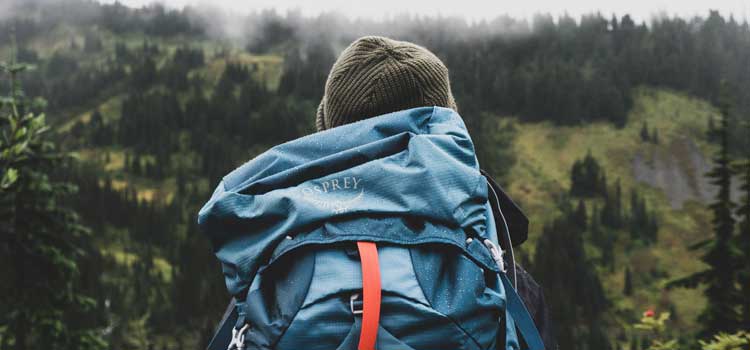
Many camps viewed their COVID-related pivots as specific to this summer, only to discover that they might be able to continue their new programs as an added revenue stream. Ohl is among this group – he says that he and his team can learn from the results of this first summer and continue to offer family adventures with adjustments based on what worked and what needs improvement.
Most of the participating families reporting back that their adventures were incredible. One parent attendee who is a marketing director offered her services to help market future trips because of the impact this summer’s experience had on her family. Another family told Ohl that this summer might inspire them for a lifetime of backpacking trips.
Build on Success for Years to Come
The 2020 camp season was all about creating some version of summer camp during COVID. As the logistics started playing out, Ohl acknowledged that one of the challenges next year would be directing these trips while also managing a typical summer for residential campers. This will ring true for other camps running new programs this summer.
These trips were a creative way to use existing plans, resources, and staff. While Ohl and his team hope that next summer will play out in a more typical way, there have already been discussions about ways to replicate these family adventures next summer.
This summer would have been Camp Chief Ouray’s 112th, and with no residential campers Ohl says nothing feels the same. He felt sadness about what he, his staff, and the campers would be missing out on. He noticed that the area around the fire ring is completely overgrown with weeds because there are no kids to stomp them down.
He was also facing significant financial concerns, hard staffing decisions, and a lack of clarity about next summer. He explains that Camp Chief Ouray builds independence, confidence, and resilience through programs and leadership opportunities. In many ways, he says he channeled those same lessons as he worked to pivot camper backpacking trips to family adventures. As he’s been telling his peers, nothing spurs innovation like a crisis.
